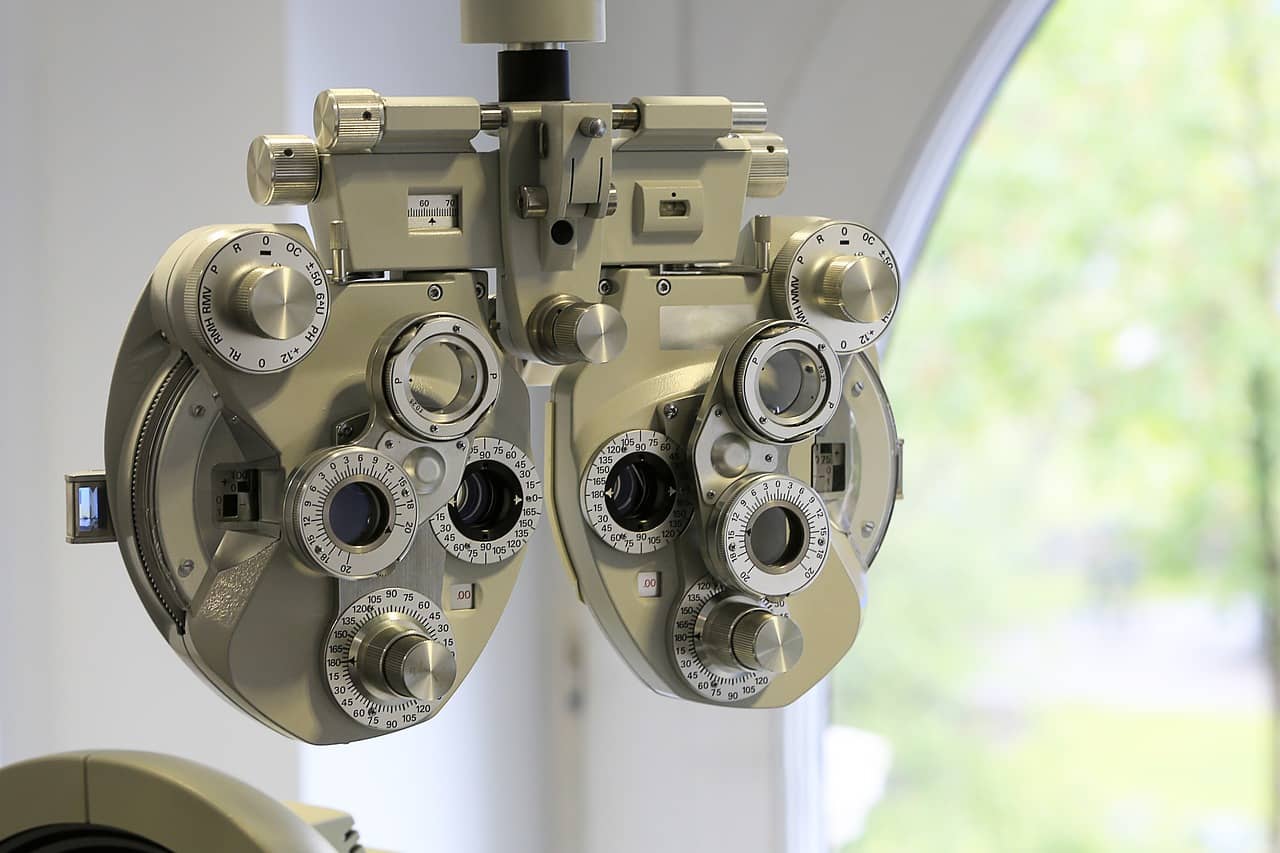An optician’s failure to detect glaucoma or cataracts can have a devastating impact on a patient’s vision and overall quality of life. These conditions, if left untreated, can lead to irreversible blindness. This comprehensive article explores the critical aspects of this issue, shedding light on the causes, consequences, and legal implications of such negligence. We will also highlight how you can start a medical negligence claim.
Understanding Glaucoma and Cataracts
Glaucoma and cataracts are two of the most common eye conditions that can significantly impair vision.
- Glaucoma: Often referred to as the “silent thief of sight,” glaucoma is a progressive optic nerve disease that damages the optic nerve, which connects the eye to the brain. This damage is often caused by increased intraocular pressure (IOP). The early stages of glaucoma are often asymptomatic, making regular eye exams crucial for detection.
- Cataracts: Cataracts are characterised by the clouding of the natural lens of the eye. This clouding can obstruct light from reaching the retina, resulting in blurred or hazy vision. Cataracts are a common age-related condition, but they can also be caused by other factors such as trauma, certain medications, or underlying medical conditions.
The Optician’s Duty of Care
Opticians have a legal duty of care to their patients, which includes conducting thorough eye examinations and providing appropriate diagnoses and treatment recommendations. This duty of care encompasses several key aspects:
Comprehensive Eye Examinations:
Opticians must perform comprehensive eye examinations that include assessments for common eye conditions like glaucoma and cataracts. These examinations should involve a series of tests to evaluate the patient’s visual acuity, intraocular pressure, and overall eye health.
Early Detection:
Early detection of glaucoma and cataracts is crucial for preserving vision. Opticians should be vigilant in identifying any signs or symptoms suggestive of these conditions, even in the absence of overt complaints from the patient.
Timely Referrals:
If an optician suspects glaucoma or cataracts, they must promptly refer the patient to an ophthalmologist for further evaluation and management. Delays in referral can significantly impact the patient’s prognosis.
Consequences of Missed Diagnosis
The failure of an optician to detect glaucoma or cataracts can have severe and irreversible consequences for the patient:
- Vision Loss: Untreated glaucoma and cataracts can lead to progressive vision loss and, in some cases, complete blindness. This vision loss can severely impact the patient’s independence, mobility, and overall quality of life.
- Psychological Impact: The loss of vision can have a profound psychological impact, leading to depression, anxiety, and social isolation.
- Financial Burden: The cost of managing vision loss, including assistive devices, rehabilitation, and lost income, can place a significant financial burden on the patient and their family.
Legal Implications of Optician Negligence
If an optician fails to detect glaucoma or cataracts, and this failure results in harm to the patient, the patient may have grounds for a medical negligence claim.
- Proving Negligence: To succeed in a medical negligence claim, the patient must demonstrate that the optician breached their duty of care and that this breach caused the patient’s injuries. This often involves obtaining expert medical evidence to establish the standard of care and the causal link between the optician’s negligence and the patient’s harm.
- Compensation: If the patient’s claim is successful, they may be entitled to compensation for their pain and suffering, loss of amenity, medical expenses, and lost income.
The Importance of Regular Eye Exams
Regular eye exams are essential for maintaining good eye health and detecting eye conditions like glaucoma and cataracts early.
- Frequency of Exams: The recommended frequency of eye exams varies depending on age, risk factors, and overall health. However, most adults should have a comprehensive eye exam at least every two years.
- Choosing an Optician: It is important to choose an optician who is qualified, experienced, and committed to providing high-quality care.
Making a Medical Negligence Claim with National Claims
At National Claims, we understand the devastating impact that medical negligence can have on your life and the lives of your loved ones. If you believe you or a family member has suffered harm due to substandard medical care, such as misdiagnosis, surgical errors, medication errors, or delayed treatment, we are here to help you by connecting you with a solicitor from our panel who will be able to assess your case.
Free Consultation
We recognise that every medical negligence case is unique, and we’re here to offer you a free, no-obligation consultation to discuss your specific situation. During this consultation, we’ll listen attentively to your experience, and assess the potential strength of your claim. Our team will then connect you with a qualified solicitor from our panel who specialises in medical negligence claims, ensuring that you receive the expert legal representation needed to pursue your case effectively.
*Customers pay up to 25% (incl. VAT) of the amount recovered towards solicitor costs and if you cancel outside your cooling off period, you may be charged a fee.
Contact us today to speak to one of our claims agents who will be able to help you get started on your claim.
Click below to see why we are one of the most trusted claims management companies in the UK.

We’re proud of our excellent customer reviews
We thrive on delivering exceptional service and ensuring our clients’ satisfaction. Don’t just take our word for it. Check out some of our independent reviews to see what our clients have to say.
Excellent

This firm is excellent, they sorted out my car pay out and injury claim very fast, they always communicate with you all the time.

My accident case was dealt with confidence and with great result of the outcome, especially James kept me informed all the time.

I was very impressed at the way my inquiry was treated. I was listened to attentively and everything I needed to know was explained to me.






